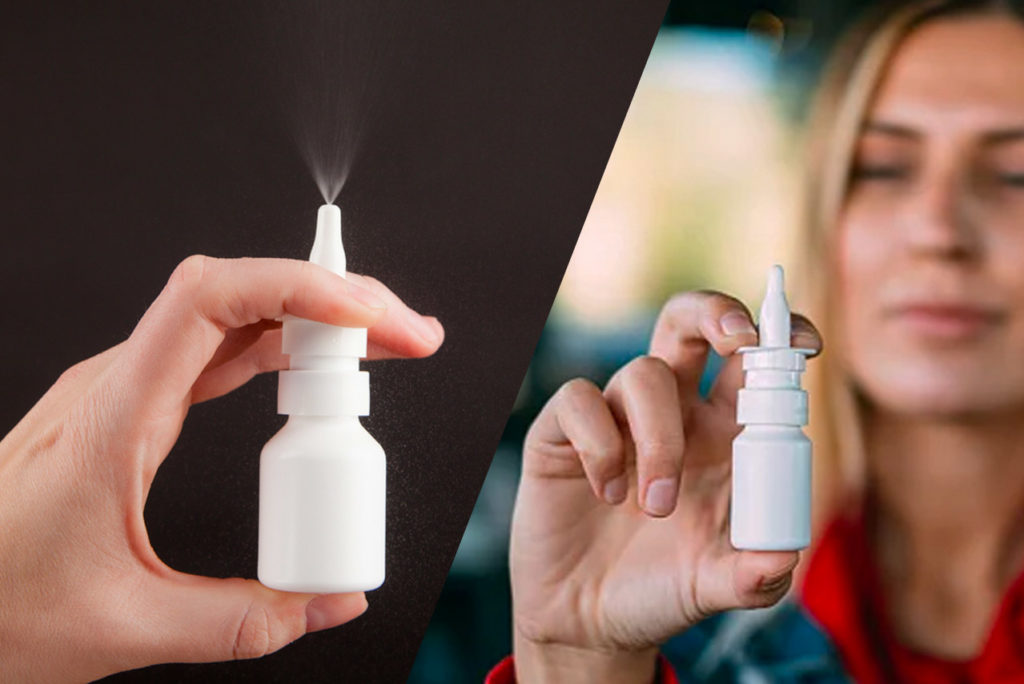Have you ever noticed how much better you feel mentally after a good workout or a brisk walk? Participating in physical activity has positive effects on your physical well-being and can significantly impact your mental health. During physical activity, the brain releases chemicals, commonly known as “feel-good” chemicals, that can improve your mood, alleviate symptoms of depression and anxiety, and boost self-confidence.
Get ready to discover how physical activity benefits mental health. Discover the advantages of engaging in physical activity for your mental well-being as you read on. Regular physical activity has been linked to a multitude of mental health benefits.
Contents
How Does Physical Activity Benefit Mental Health?
Engaging in consistent physical activity has many positive effects on mental well-being.
Reduces Symptoms of Depression, Anxiety, and Stress
Regular physical activity has been shown to reduce symptoms of stress, anxiety, and depression effectively. Engaging in exercise releases natural chemicals in the brain called endorphins, which act as mood elevators and painkillers. Focusing on this aspect could result in a general enhancement of one’s mental state and overall sense of wellness.
Sharpens Your Thinking
Engaging in physical activity can enhance cognitive function by triggering the release of neurotransmitters like dopamine and serotonin, which are linked to improved mood and cognitive abilities. These neurotransmitters help to enhance attention, memory, and problem-solving skills, making it easier for individuals to think clearly and make decisions.
Physical activity can also improve cognitive functioning through increased blood flow to the brain. When you exercise, blood is pumped throughout your body, including your brain, providing it with the oxygen and nutrients it needs to function optimally. Enhanced blood circulation can enhance your cognitive abilities, including memory retention, attention span, and overall cognitive functioning.
Better Night’s Sleep
Having restful and adequate sleep is vital for preserving optimal mental health. Insufficient sleep can result in various mental health problems, including but not limited to moodiness, unease, and hopelessness. Participating in habitual physical activities is a practical approach to encouraging better sleep quality and enhancing overall mental well-being.
Research has demonstrated that physical activity can improve sleep quality by shortening the time to fall asleep and prolonging sleep duration. Exercise also helps regulate the body’s circadian rhythm, the internal clock regulating the sleep-wake cycle. Disruption of the circadian rhythm can cause challenges in initiating and maintaining sleep.
Improves Your Confidence
Participating in physical activities can evoke a feeling of triumph and self-respect in individuals, fostering a boost in their self-esteem and confidence.
Physical activity can also help individuals develop a more positive body image. As they become more physically fit and robust, they may appreciate their bodies for what they can do rather than focusing solely on appearance. Enhanced self-assurance and self-embrace may result from this.
Mood Booster
You might be familiar with the term runner’s high’, which refers to joy and happiness experienced during and after exercise. This pleasurable sensation is due to the release of certain chemicals in the body during physical activity.
When you exercise, your body produces various chemicals, such as endorphins, endocannabinoids, and dopamine, which can positively impact your mood.
Reduce Social Isolation
Social isolation can harm mental health and well-being, and regular physical activity can help to combat this.
Engaging in physical activity provides opportunities for social interaction and connection with others. For example, joining a sports team, taking a group fitness class, or going for a walk with a friend can all be ways to increase social interaction while also getting exercise. These activities can help build relationships, reduce loneliness and isolation, and increase a sense of belonging.
Enhanced Resilience
Enhanced resilience is a crucial benefit of physical activity on mental health. Resilience refers to an individual’s ability to bounce back from challenging or stressful situations. In today’s fast-paced world, it is essential to develop resilience to cope with the demands of daily life. Regular physical activity can help improve resilience by providing individuals with the tools to manage stress and adversity better.
One way that physical activity enhances resilience is by reducing the body’s stress response. Exercise has been shown to reduce cortisol levels, a hormone released in response to stress. By reducing cortisol levels, physical activity can help individuals feel calmer and more relaxed, improving their ability to cope with stress and adversity.
Advice for Integrating Exercise Into the Everyday Routine
Here is some advice for incorporating physical activity into daily life:
Set Achievable Goals
Start with small, achievable goals, such as walking for 10 minutes daily, and gradually increase your physical activity level.
Find Activities You Enjoy
Select physical activities that please you, such as dancing, swimming, or hiking, so you are more inclined to continue doing them.
Make It a Habit
Schedule physical activity into your daily routine, such as walking during your lunch break or taking a fitness class after work.
Find a Buddy
Exercise with a friend or family member to help keep each other motivated and accountable.
Use Technology to Track Progress
Use apps or fitness trackers to monitor your progress and help you stay motivated.
Conclusion
There is a strong link between physical activity and mental health, with frequent exercise positively affecting mood and cognitive abilities and reducing symptoms of anxiety and depression. Different types of physical activity can have varying impacts on mental health. Finding activities you enjoy and making physical activity a habit by setting achievable goals and tracking progress is essential. Incorporating physical activity into your daily routine can significantly benefit your overall well-being.







